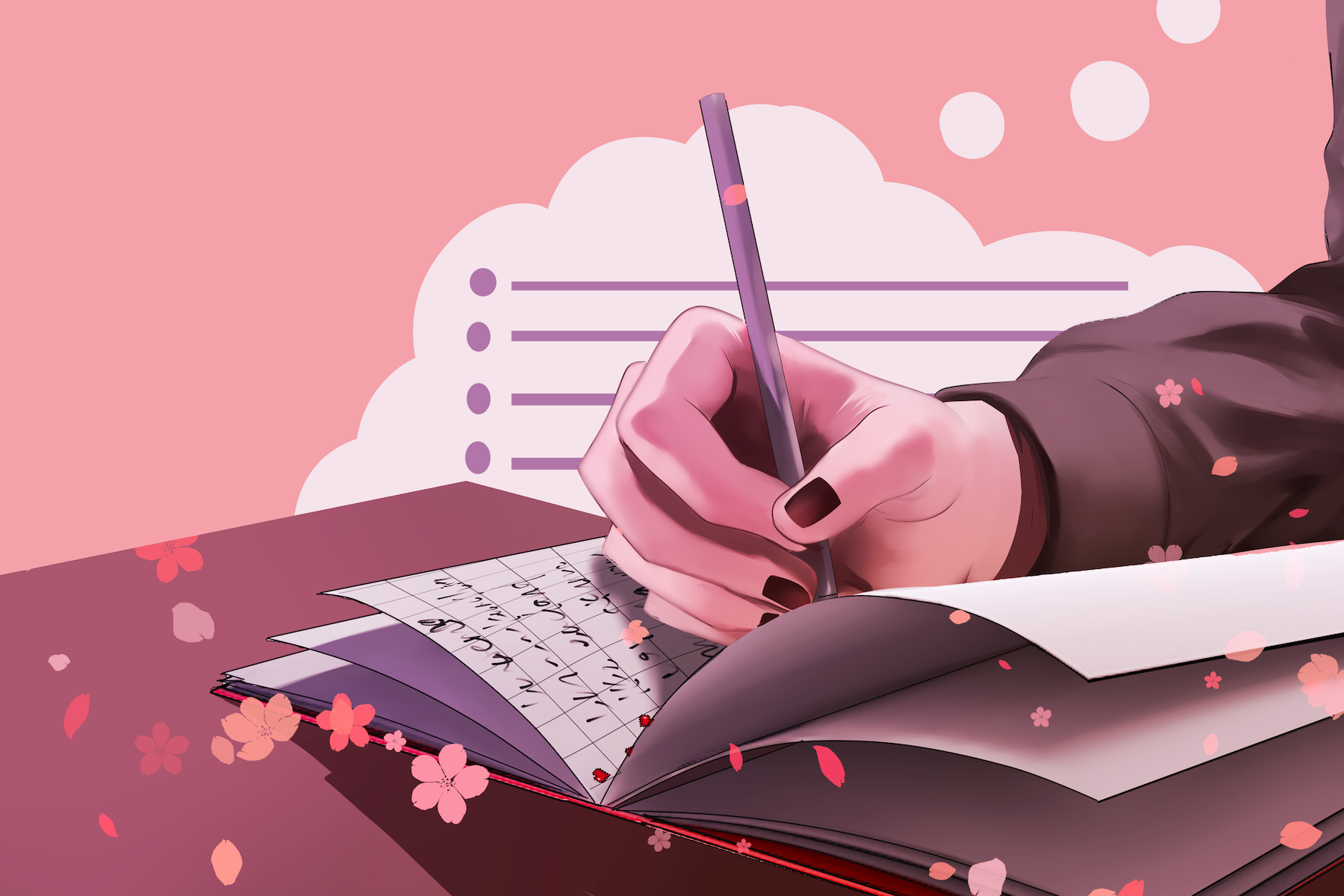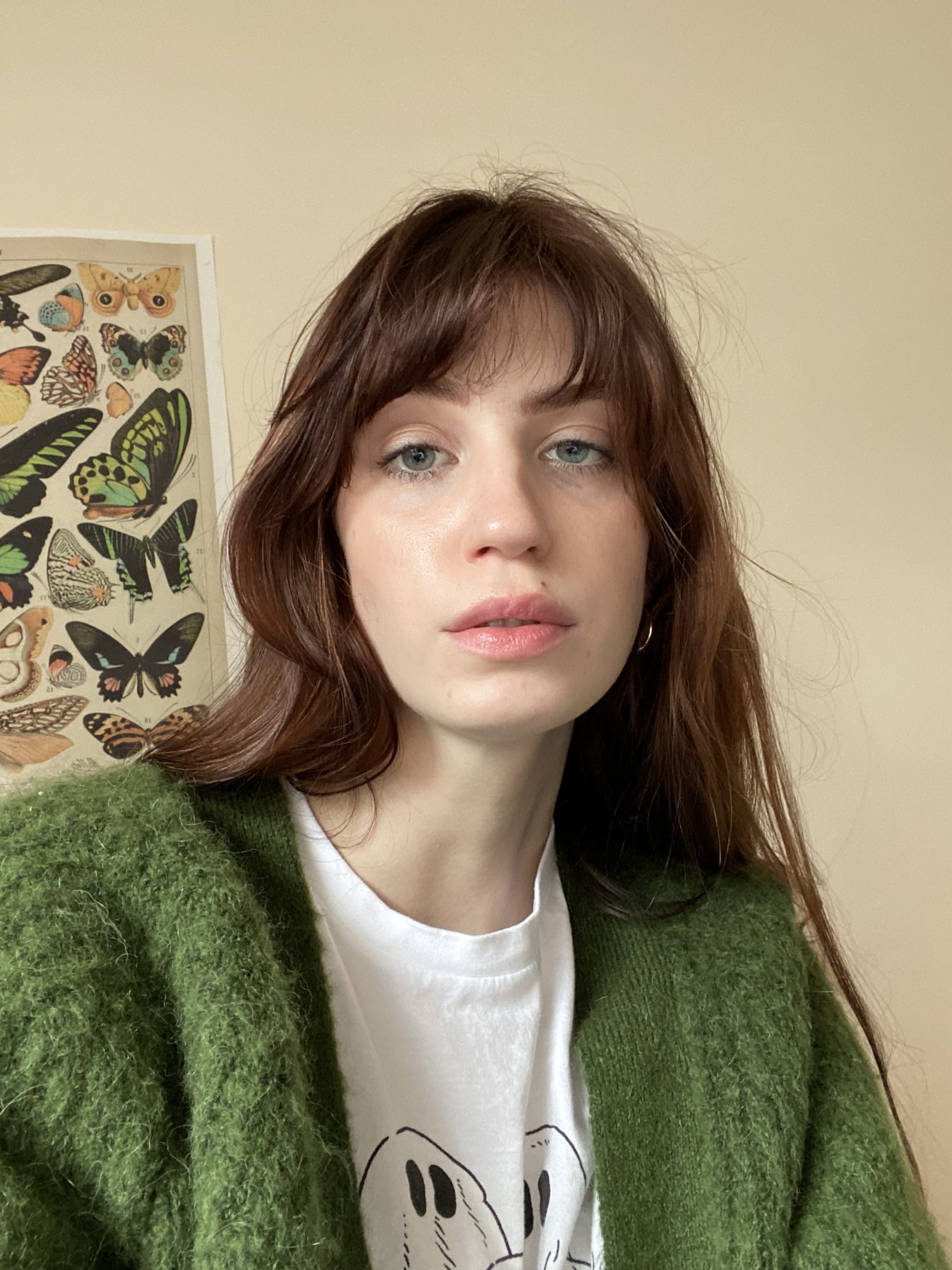Self-care. The philosophy of taking action to preserve or improve one’s own health. Also known as the never-ending labyrinth of products that are marketed with the mirage of self-improvement in mind. Makeup. Skincare. Fashion trends. Diet products. Hair care. And the products of dozens of other multi-billion-dollar industries that make their profit each year from micromanaging your insecurities.
Of course, such things are never presented in a directly devious way. Companies have evolved the way they present their products to better communicate with their audiences, adopting “practices in business that provide the appearance of social consciousness without any of the substance.” This is called woke-washing, and it is inescapable in the modern marketing landscape. From being the first to tweet #LoveWins at the beginning of Pride Month to airing an advertisement that includes plus-sized models rallying at a political protest, corporations have molded themselves into emotional sentient beings. They have identified the potential consumers that lie in marginalized groups. But don’t be fooled. Because, at the end of the day, you’re just another demographic, a piece in a pie chart on a boardroom floor.
However, in recent years with the COVID-19 pandemic, the market for self-care has somewhat shifted, with the practice of “woke-washing” attaching itself rather violently to mental health awareness. There has been a surge of services — from meditation apps to aromatherapy diffusers — that can seemingly melt away the stress of those Zoom meetings in a cloud of heavenly lavender. But, again, with these products comes a price. Not just a physical price that you pay with money, but a mental and emotional investment that these products will work. That they will magically cure the chemical imbalance in your brain or clear up that grief that’s taken over the last two years of everyone’s lives.
But that’s how the cogs of capitalism turn. If you believe in these “miracle” fixes or spend endless dollars on material goods, and thereby neglect the importance of taking moments to self-reflect, you will experience no change. That’s what the structure of the capitalist market relies on — that you’ll be too busy depending on that dopamine rush, that coveted ounce of serotonin that you get from buying something new, that you won’t look up. That you won’t realize that the storm cloud that’s been looming over your head hasn’t actually moved at all.
The modern aim of late-stage capitalism depends on distraction. It leans heavily on the hope that you’ll be too deep in your Netflix binge of “Stranger Things” to be aware of your surroundings. It knows that you’re exhausted from living an existence that’s oversaturated in advertisements trying to make you “feel seen,” and it caters to a desire that, no matter how hard it tries, will never be satisfied. Because, the truth is, the only person that can really know you is you, despite how unbearable the mortifying ordeal of being known can be.
The key to opening the door to your innermost self, however, doesn’t lie in buying $70 face cream or doing some breathing exercises with the help of an AI therapist. It lies in writing down the thoughts that live in your mind, thoughts that only you can really understand when the world around you is so chaotic and confusing.
Journaling is the ultimate act of “self-care” you can give yourself. Not only can it help you to vent out whatever inner emotions you might be experiencing, but it can also enable you to find your inner voice — the true voice that exists deep inside your mind that’s waiting to be unleashed.
While this hobby might seem too poetic or even pointless, journaling holds more substance than watching shows with too many phony political punchlines or adding another three-wick candle from Bath and Body Works to your expansive collection, praying that it will “fix you.” A journal can catalog your deepest inner self, doubling as a treasury of growth and a space for reflection that other manufactured products can only claim to replicate.
But even then, it seems that the capitalist ritual of beating down the healing benefits of certain practices or hobbies has reached journaling too. Wellness journals have become popular in the last few years, advertising succinct spaces and survey-like pages in which you can catalog what you’re feeling. Either by answering questions like “Have you exercised gratitude today?” or by coloring in little emojis to illustrate your emotions, you can successfully express yourself while keeping your emotions neatly contained. While this approach to journaling is effective for those who are just beginning on a journey of self-reflection, perhaps needing prompts in a certain direction, it limits the user to checking off boxes and doodling in the margins rather than really understanding the point of writing down your feelings.
This is what the wellness market depends on. That you’ll be satisfied with doing the bare minimum of work to achieve growth. That you’ll buy an overpriced notebook and use it once because the cover was “aesthetically pleasing,” only to abandon it forever in favor of a new one that you impulsively buy months later. But to break that cycle, and to really reflect on your needs and your emotions, the best way to grow is to buy a blank journal and fill it however you really want.
It doesn’t have to be a 10-page rant on how climate change headlines give you panic attacks or how much emotional baggage your parents passed down to you. Start small. Glue old movie tickets inside of it, write reviews for shows that you watch or badly doodle on a page while you’re on hold with your medical insurance company. Putting down anything, no matter how absurd it might seem at first, is the key to opening yourself to growth through journaling. And, eventually, you’ll walk through that door and find that there’s a place on the other side that’s more sustainable and healthy than any other space you’ve been told to look to before.

















